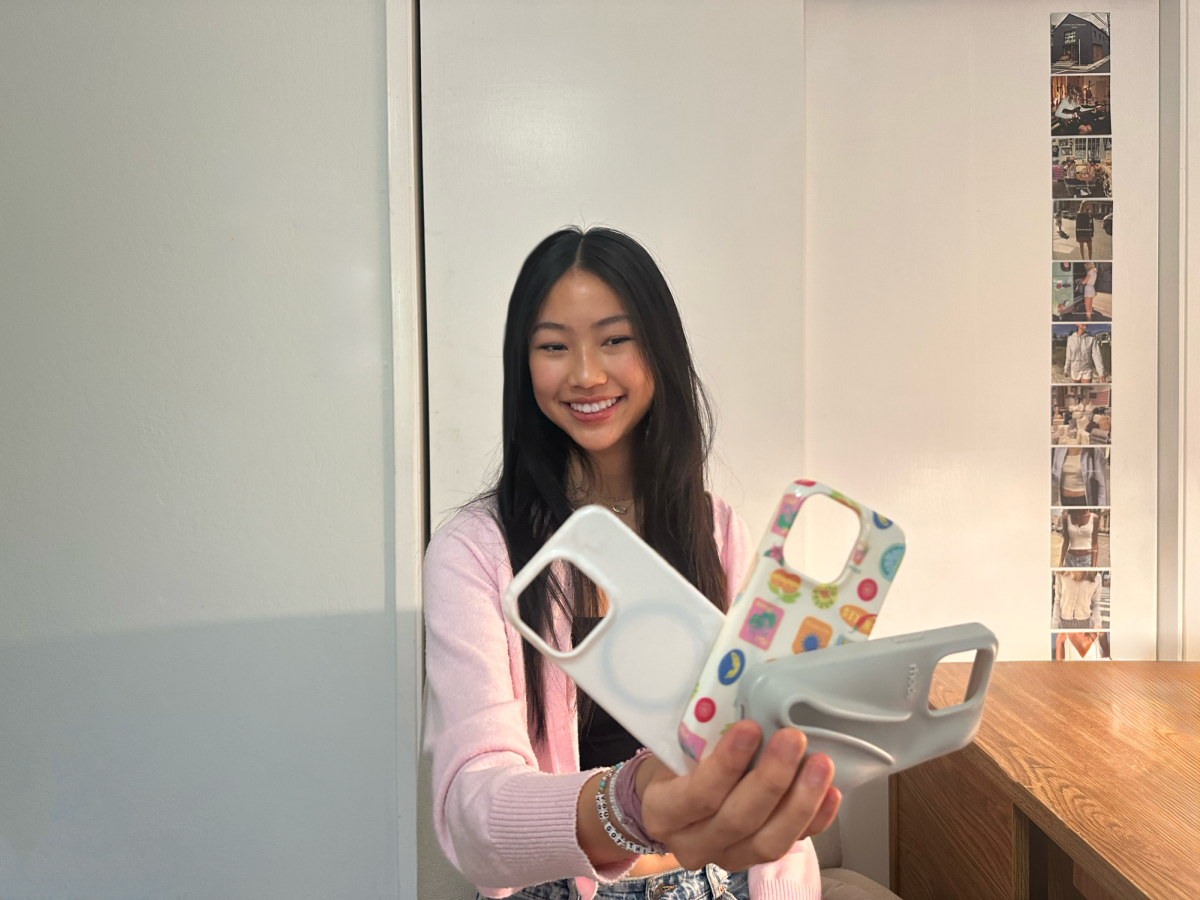In late September, the district changed various Zoom settings for lgsstudent.org accounts, taking away significant features many of us had come to rely on. Students lost the ability to record Zoom meetings and admit attendees who don’t have a district account, even for personal meetings they host. And perhaps the worst part of all: We did not even get a warning.
In club meetings, presidents scrambled through their settings in confusion, then hastily attempted to set up a makeshift recording system that often had less than desirable results. Those without district emails, such as students from other schools or guest speakers, got error messages after they tried to join meetings.
When the administration finally explained the changes in an email sent to the numerous club presidents who wrote complaints, their reasoning was far from sound. Their restrictions failed to achieve any of their goals while making it incredibly inconvenient for students to use their school Zoom accounts for independent activities such as club meetings or speaker events.
The administration’s first justification was to stop students from recording meetings. But while no one should be recorded without consent, students who want to record will do so anyway using other apps such as Screencastify. The only difference is that the attendees will no longer get a Zoom notification or see the flashing icon and therefore will be unaware of the recording. If the district’s concern is privacy and consent, then the restriction exacerbates the problem instead of alleviating it.
Moreover, removing the restrictions would allow clubs to record meetings — which is mandated by ASB club commissioners to ensure appropriate behavior — without alternative recording mechanisms. Granted, club presidents can use other screen-recording apps, but when Zoom is perfectly capable of recording, taking this extra step is a massive and unnecessary waste of time, much like if the school were to lock up the cafeteria and make students bring camping stoves.
The larger problem, however, is the inability to admit participants who don’t have an lgsstudent.org account, which the administration justified because of concerns over Zoom bombing.
I understand Zoom bombing is a legitimate issue, but the waiting room feature is enough to filter attendees. If an uninvited guest is accidentally admitted, the host can always remove them with two simple clicks, and the removed participant will not be able to join the session again. With multiple defenses to prevent uninvited guests from joining, there is no need to block non-lgsstudent.org participants indiscriminately, especially when doing so can directly impact the ability of clubs to run key events.
Inviting guest speakers is an essential part of many clubs’ activities, especially during the COVID-19 pandemic, a time when online meetings can disregard the barriers of distance and allow clubs to invite higher-profile speakers more than ever before. Disabling their access is counterproductive, and doing so without prior warning had the potential to ruin big club events.
I was planning to use my lgsstudent.org account — because I would have to pay $14.99 to hold meetings longer than 40 minutes on my personal account — to host a speaker session with Mary Beth Tinker from the landmark Tinker v. Des Moines Supreme Court case, and had invited a large number of students outside our district. Luckily, I found out about the restrictions before sending the Zoom information to participants; I cannot imagine the disaster the event would have turned into if the restrictions were implemented on the day of the event.
My friends who use their school Zoom accounts to tutor kids outside of the high school also have to switch to their personal accounts and pay $14.99, making their already small profits close to none. Restricting who can join student-hosted Zoom meetings benefits no one, and hurts students who use their accounts for interacting with students outside of Saratoga High.
The administration included in their email what seemed to be an emotional appeal to students rather than a justification, saying that they wanted to prevent students from meeting late at night. While I’m deeply touched by the district’s concern with my sleeping schedule, let me tell them the simple truth: The new restrictions have absolutely no effect on what time of the day students meet.
With the district and school already sending us what feels like thousands of emails a day, it seems ironic that they cannot notify us ahead of time about something that directly impacts us negatively. At the very least, they could provide valid justification for the restrictions, but their email (which was notably sent after the restrictions were put in place) was frustratingly unsatisfying.
Zoom is essential to students’ lives outside of school right now. It may be used for educational reasons such as meetings for student organizations or projects, or it may be used for more personal reasons such as meeting up with friends, which provides the personal communications we direly need during quarantine. (And for journalism, it’s a great way to record interviews.)
Sure, there are plenty of work-around solutions: Students can use other platforms or ask faculty to host meetings. However, Zoom is by far the most professional, the most widely used, and the most convenient for recording purposes, and club advisors are teachers: They have enough to do without the extra burden of hosting all meetings and sending recordings to club presidents. There is absolutely no reason to work around restrictions that achieve nothing.
The easiest solution is for the district to impose necessary settings for staff (lgsuhsd.org) accounts but change student (lgsstudent.org) accounts back to the way they were before. This allows tight control on Zoom security during classes while maintaining flexibility for students’ after-school activities.
Simply put, the school needs to lift their unnecessary restrictions to make the lives of club presidents easier, allow for students to reach out to speakers and peers outside of the school and ultimately foster community in a time when we need it most.
























